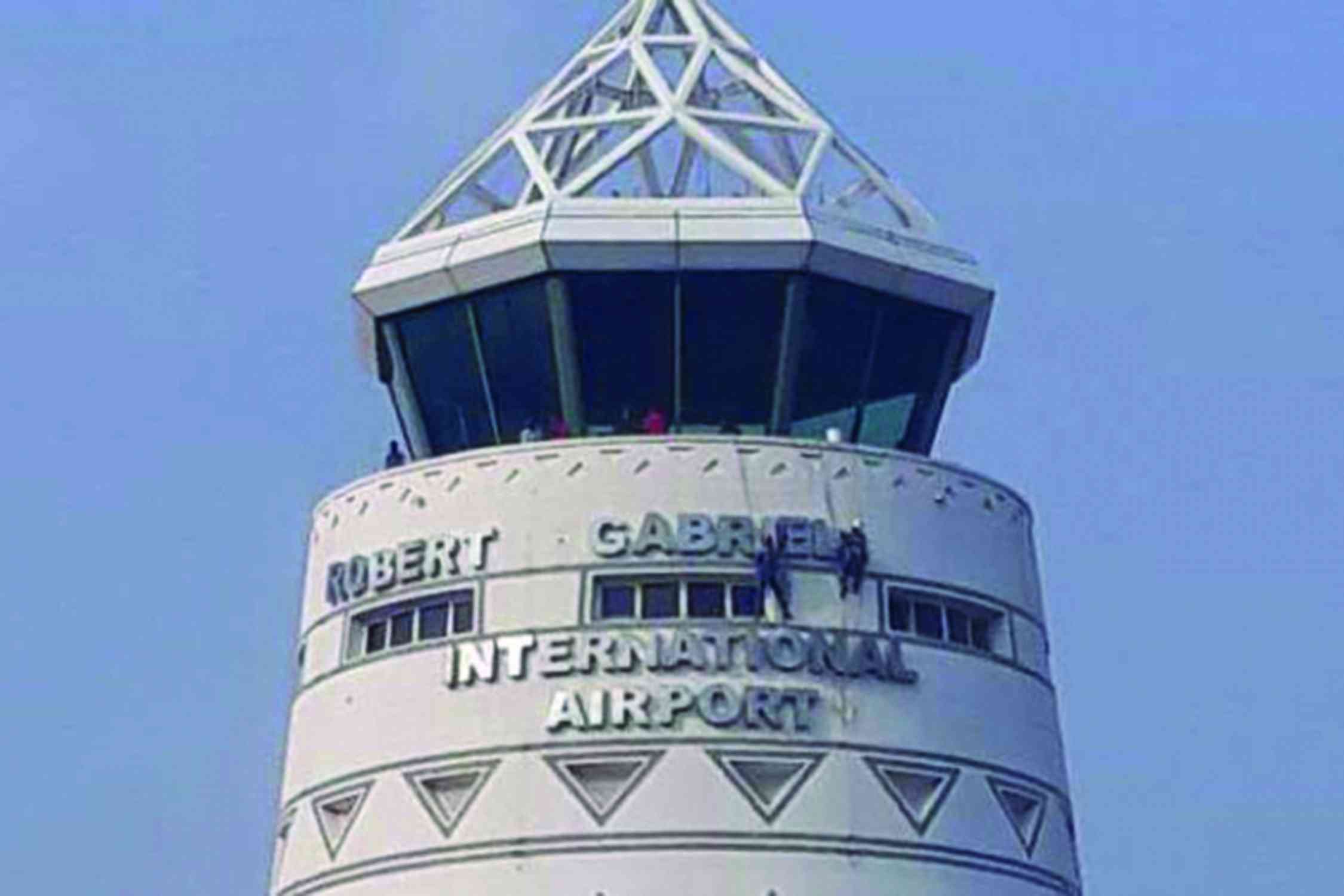
ILLICIT financial flows (IFFs), rampant smuggling, and weak governance, exacerbated by insufficient border controls and poor monitoring of airstrips, are posing a serious threat to Zimbabwe’s transition to a green economy.
These challenges are not only undermining sustainability efforts but also hindering economic growth and job creation.
According to the Zimbabwe National Chamber of Commerce (ZNCC), porous borders alone may have cost the economy up to 18 000 jobs in recent years.
An estimated US$2,2 billion is lost annually due to these vulnerabilities, significantly impacting economic stability.
Broadly, these multi-faceted hurdles are undermining efforts by the southern African country to achieve sustainable development and environmental resilience, jeopardising progress toward a greener future, according to the Southern Africa Resource Watch (SARW).
Other estimates suggest that the country loses approximately US$100 million monthly due to sophisticated smuggling syndicates, weak regulatory enforcement, and inadequate border controls.
The report, published by SARW, highlights that as Zimbabwe strides towards a greener future, addressing IFFs would be critical to securing the funding needed for the nation’s sustainable development.
It is a view shared by several international financial institutions, including the World Bank.
- Airports Company strikes mega hotel deal
- Airports Company strikes mega hotel deal
- News in depth: Chinese firm yet to start airport job seven months after contract
- News in depth: Sneaking planes: Air traffic woes persist as govt promises elusive radar
Keep Reading
“Can the government detect illicit trade in minerals and machinery to distinguish minerals, such as silica from lithium exports?” the report titled Critical Minerals and Renewable Energy Value Chains in Zimbabwe: A Study of Actors and Initiatives, reads in part.
“Border controls are important, but small aeroplanes may still be a menace.
“Critical minerals, such as lithium, nickel, and rare earth elements, are essential for green technologies, including electric vehicles and renewable energy systems. However, illicit financial flows often undermine financial benefits from these resources.”
This view is also supported by the United Nations.
The United Nations Conference on Trade and Development (Unctad)’s Economic Development in Africa Report stated that IFFs and corruption inhibit African development by draining foreign exchange, reducing domestic resources, stifling trade and macroeconomic stability, and worsening poverty and inequality.
“Addressing IFFs is vital for financing the green transition in Zimbabwe by ensuring that revenues from critical minerals are used to support sustainable development and environmental goals,” SARW said.
“Several unmonitored airstrips have been used to smuggle minerals out of Zimbabwe. The technology is sometimes inadequate, and new radar control systems are needed to monitor aircraft entering and leaving the country’s airspace.”
In December 2021, the chairperson of the Parliamentary Portfolio Committee on Transport, Oscar Gorerino also raised concerns over mineral leakages, adding that it was important for Zimbabwe to have compatible radar systems that allow improved communication to monitor the illegal smuggling of minerals.
He said the country’s airports were operating without radar systems, exposing aviation security systems.
His committee said private aircraft —mostly using bush airstrips — were flying in and out of Zimbabwe’s airspace without detection due to poor surveillance.
Gorerino expressed grave concern over the continuous change and cancellation of contracts for tender winners for the installation of radar systems.
“It is very dangerous to have a non-functional radar system for a nation. Why is it taking too long to be upgraded?” Gorerino asked then Transport ministry permanent secretary Theodius Chinyanga.
“There is need for a change of strategy on the radar system. What is worrying is the continuous change of tender awards all the time without any progress on the ground.”
Then, Chinyanga told the committee that Treasury failed to avail the US$3,4 million Civil Aviation Authority of Zimbabwe (Caaz) requested for the purchase and installation of a new radar system at Robert Gabriel Mugabe (RGM) International Airport.
Caaz last year commissioned the air traffic control (ATC) communications system and the secondary surveillance radar system at the newly-refurbished RGM International Airport.
The new ATC communications system provided comprehensive coverage across Zimbabwe’s airspace, enabling seamless communication between air traffic controllers and pilots.
The global energy transition is a worldwide shift from fossil fuels such as coal, oil and natural gas, towards renewable energy sources such as solar, wind, hydro and geothermal. The shift is driven by the need to reduce greenhouse gas emissions and address climate change, while also providing clean and sustainable energy.
Key aspects include decarbonising the energy sector, expanding renewables, increasing electrification, improving energy efficiency and developing the necessary infrastructure.
The report said Zimbabwe’s rich deposits of critical minerals, such as lithium, platinum group metals, and rare earth elements, are pivotal for the global shift towards renewable energy.











